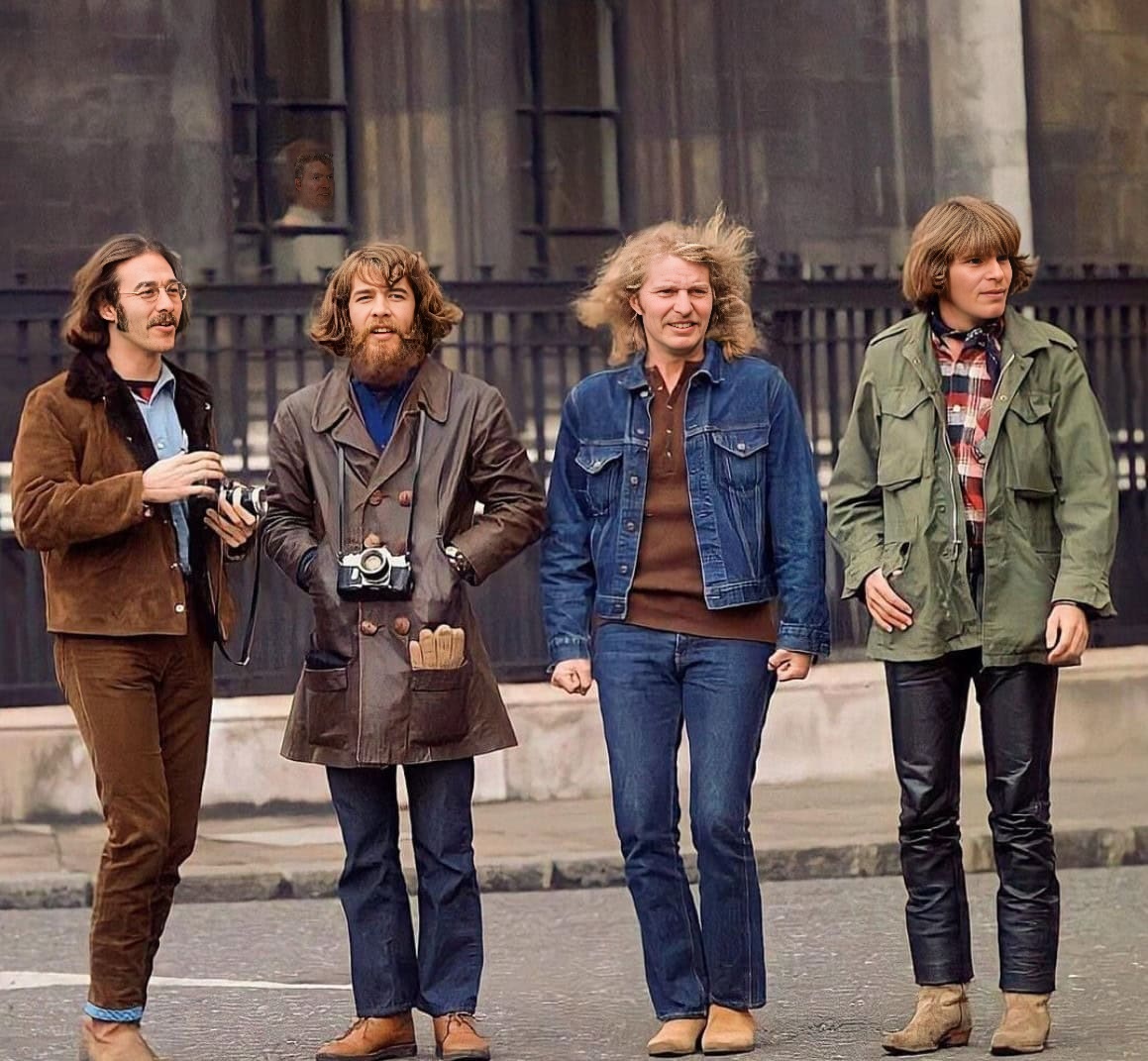
Creedence Clearwater Revival (CCR), a quintessential American rock band, etched their name into music history with their swamp rock sound and socially conscious lyrics. Emerging from El Cerrito, California in the late 1960s, the quartet consisting of John Fogerty, Tom Fogerty, Stu Cook, and Doug Clifford, delivered a string of hits that remain timeless classics. CCR’s distinct blend of blues, country, and rock propelled them to international fame, earning them numerous accolades, including a star on the Hollywood Walk of Fame and induction into the Rock and Roll Hall of Fame in 1993. Their music topped the Billboard charts frequently, with albums like “Bayou Country” and “Cosmo’s Factory” achieving multi-platinum status.
Released in 1970, “Who’ll Stop the Rain” quickly became one of CCR’s most enduring and politically charged songs. While seemingly a lament about bad weather, the song is widely interpreted as a veiled commentary on the Vietnam War and the socio-political unrest gripping America at the time. John Fogerty himself has alluded to the song’s connection to the disillusionment and frustration felt by many during the era, with the “rain” symbolizing the seemingly endless war and the pervasive feeling of societal breakdown.
“Who’ll Stop the Rain” resonated deeply with a generation grappling with uncertainty and questioning authority. Listeners connected with the song’s melancholic melody and powerful message, interpreting it as a call for change and a plea for peace. To this day, the song continues to be played and interpreted by new generations, finding relevance in various political and social contexts, demonstrating its enduring power to capture the anxieties of a nation and the human desire for an end to strife. Its continued popularity is a testament to its timeless message and CCR’s ability to connect with listeners on a profound emotional level.